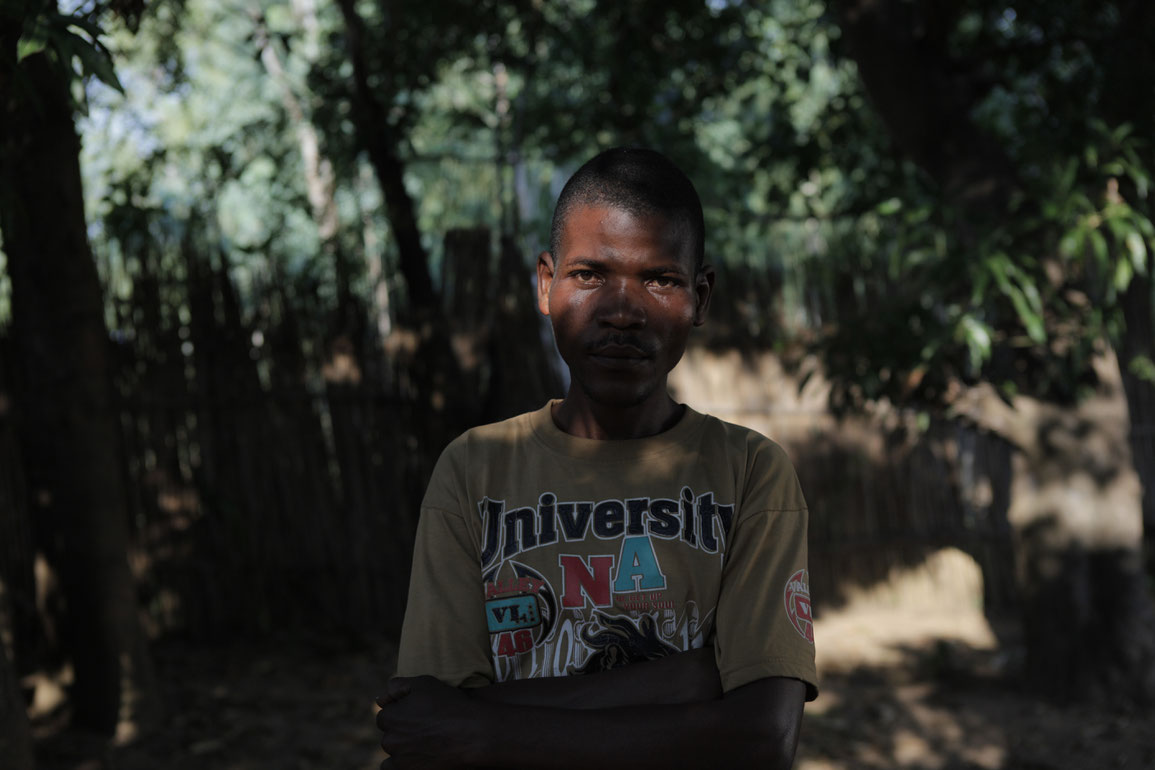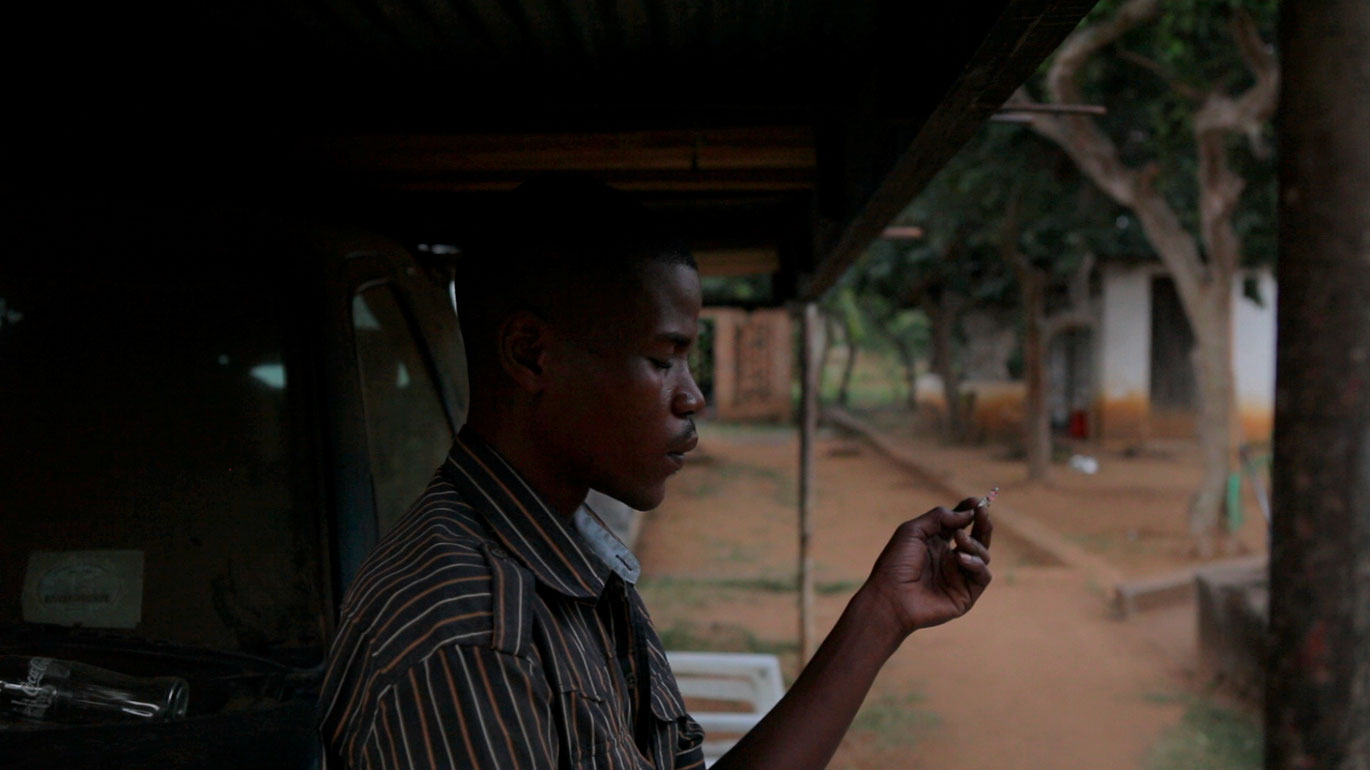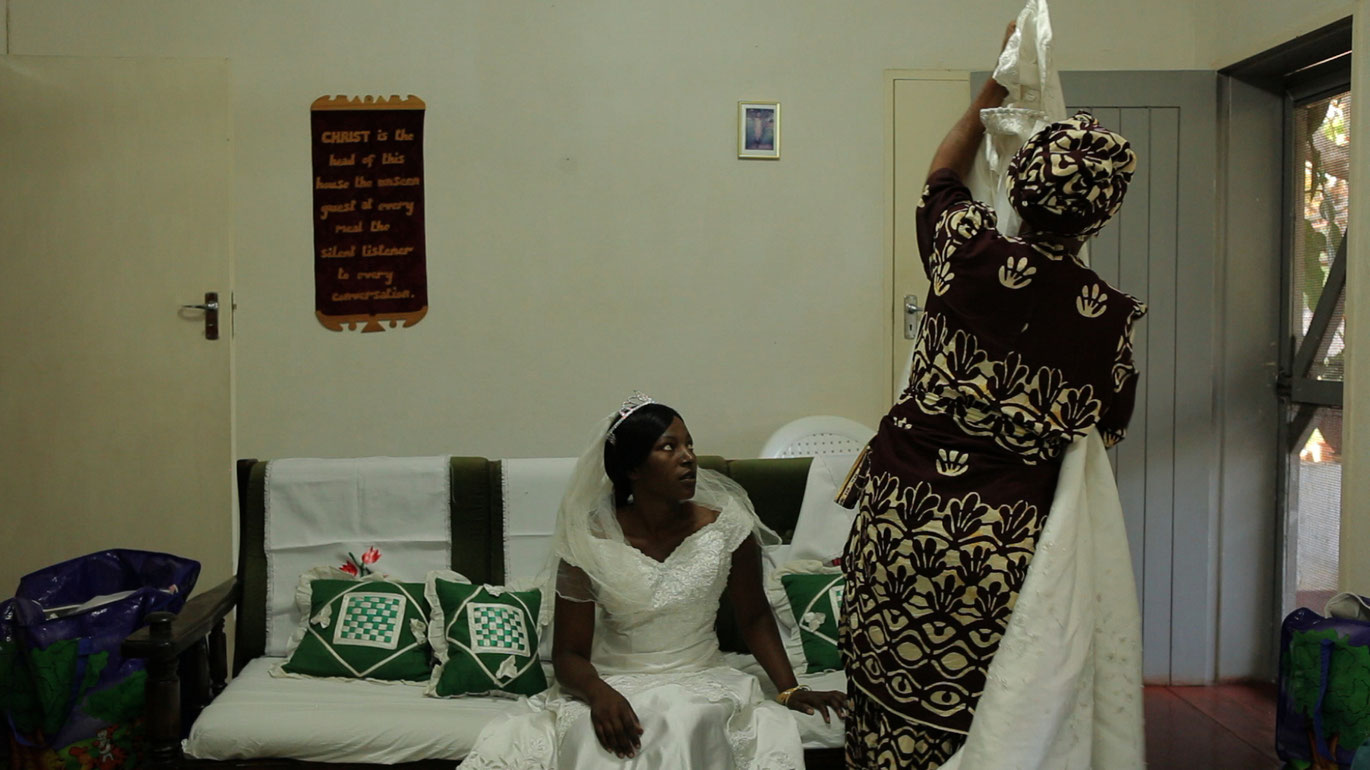The Benevolent Dictator
"A benevolent dictator under these circumstances," says Norbert Abeles, protagonist of the eponymous documentary, "is the best thing. He uses the reigning conditions for the benefit of the people." What conditions are they? Conditions like those that prevail in Malawi, where Abeles has lived for more than thirty years: primarily a vicious circle of intense poverty and little opportunity for education. Conditions produced by colonialism, which persist as its legacy even after the country´s liberation.
What makes Abeles´ statement so remarkable is that it comes from someone who himself had to flee from a dictator. As the child of Jewish parents, he was brought to Great Britain by the so-called "Kindertransports" in 1938. He left his mother behind in Vienna (she was later deported by the Nazis and murdered), his father had already committed suicide one year earlier. In 1956 Abeles came to Africa as a colonial official in the British Colonial Service. He now resides in Nkhotakota on Lake Malawi, where he lives with his wife and a staff of ten.
Is Norbert Abeles the prototype of that benevolent dictator announced in the film´s title? He is, because he isn´t: he pays his staff the legal minimum wage, which he says is not enough for either school payments or daily bread. No wonder that his staff is dependent on him, owes him money. But in return, he treats them "in certain respects" like family members. Nonetheless: his action is not motivated by the welfare of the "people," but his own advantage. The camera shows us what everyday life might look like under these neo-feudal conditions: Malawian men and women who tend to the garden, clear the table, care for chickens, guard the house, and in doing so, refrain mainly from one thing: speaking. (Vrääth Öhner)
Translation: Lisa Rosenblatt
The Benevolent Dictator
2016
Austria, France
35 min
Documentary
German
English, french



